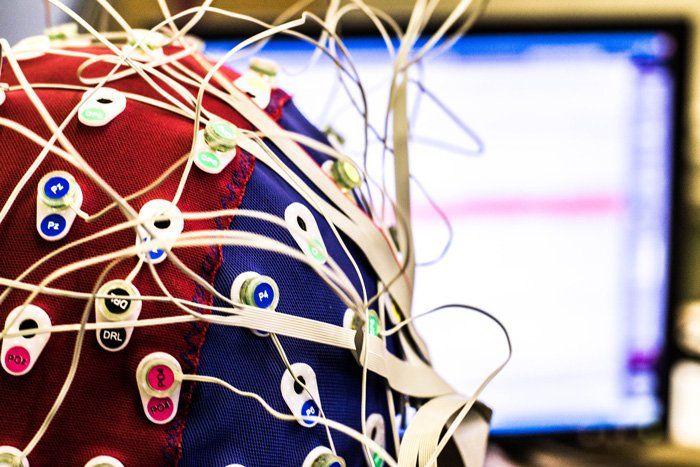Diagnostic Services
Regular Electroencephalogram (EEG)
Regular Electroencephalogram (EEG)
Ambulatory Electroencephalogram (EEG)
Ambulatory Electroencephalogram (EEG)
Electromyography (EMG) and Nerve Conduction Velocity (NCV)
Videonystagmography (VNG)
Videonystagmography (VNG)
Transcranial Doppler (TCD)
Mindstream Test
NeuroScan
The NeuralScan is non-invasive and pain free. It measures and manages memory loss, cognitive impairment, and other stress-related neurological conditions.
Carotid Ultrasound
A Carotid Ultrasound is a safe and painless method that uses sound waves to examine the blood flow through the carotid arteries. The two main carotid arteries are located on each side of your neck and deliver blood from your heart to your brain. This ultrasound method will allow us to examine your arteries to make sure there is no blockage or other issues that can cause complications. It's a very quick process, with gel being applied to your neck and should only take 15-30 minutes.
NeuroScan
The NeuralScan is non-invasive and pain free. It measures and manages memory loss, cognitive impairment, and other stress-related neurological conditions.
Carotid Ultrasound
A Carotid Ultrasound is a safe and painless method that uses sound waves to examine the blood flow through the carotid arteries. The two main carotid arteries are located on each side of your neck and deliver blood from your heart to your brain. This ultrasound method will allow us to examine your arteries to make sure there is no blockage or other issues that can cause complications. It's a very quick process, with gel being applied to your neck and should only take 15-30 minutes.
Call Today to Learn More
BROWSE OUR WEBSITE
CONTACT INFORMATION
Address: 631 Broadway Suite 3 Bayonne, NJ 07002
- Mon - Fri
- -
- Sat - Sun
- Closed

